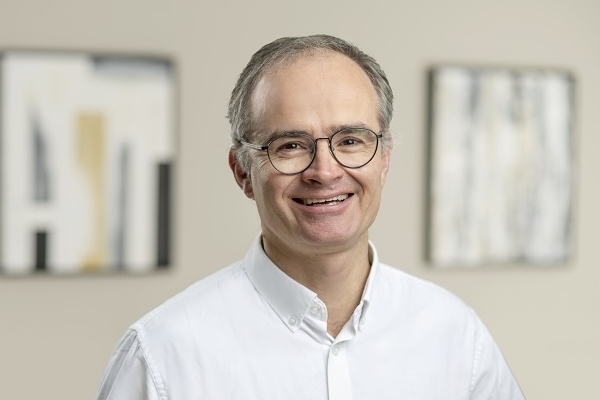Fri 4th Nov 2016
International trade mark protection in many countries using the Madrid Protocol
Services: Brand protection, International reach, IP portfolio management, Trade marks
Sectors: Brand owners
The Madrid international application system for trade marks offers a money-saving, convenient and simple scheme for brand owners who want to protect their trademarks in numerous countries.
What is the Madrid Protocol?
The Madrid Protocol is a system for helping trade mark owners to protect their trade marks in several countries at one time, more easily, more cheaply and more conveniently. It is established under a treaty and run by the World Intellectual Property Office (WIPO) in Geneva. It gives you a single registration designating up to around 100 countries of your choice, with the same legal effectiveness as directly filed trade mark applications.
It is also a simpler process. You can choose English, French or Spanish as the language in which to file and transactions take place in a single currency, the Swiss Franc.
Assignments and changes of name, limitations, cancellations and licences can all be recorded easily by filing one form centrally, with effect in several countries at one time. The recordal process is quicker than when dealing with national applications in certain countries.
Are there cost savings compared with directly filed national applications?
This will depend on the countries in which you wish to obtain protection. It may not be cost effective if you only wish to protect a trade mark in one country as WIPO charges an administration fee.
As the international application is a single application covering the countries of your choice, filed by a single attorney, it avoids the need for local attorney fees.
You would only incur local costs if an objection is raised in a country where you wish to deal with it by seeking local attorney support.
The simpler filing system also reduces cost and generally reduces the need for extra documentation, such as notarised powers of attorney.
You have more control over the costs of prosecuting international applications and deciding where and when costs will be incurred.
Since it is a single registration, there is only one renewal fee to administer and pay centrally.
What is the procedure for the Madrid international application?
After filing an application, it is assessed on a formality basis in Geneva by WIPO. They check the list of goods and may query any unclear wording.
After this stage, it is formally registered and sent to the relevant IP office in each country for examination. Time limits are imposed on the national IP offices and if they fail to raise an objection within the specified time period, registration is confirmed.
What is the impact on the Madrid registration, if objections are received?
If an objection arises in one of the designated countries, it does not impact on the other designated countries. The examination in each country is separate and refusal in one country will not mean that the other designated states are also refused.
A Madrid registration must be based on an application, or registration in a Madrid Protocol member state to which the applicant has a sufficient legal connection. If these base rights are limited, then the whole application is limited to the same extent, unless the limitation occurs more than five years after the Madrid registration was applied for.
What is the cost of Madrid international applications?
The cost varies depending upon the number of class categories of goods and countries designated. The fees specified by the countries do vary, for example former Soviet Union countries are generally cheaper, than countries such as Japan.
We can provide a specific estimate, once you confirm the class categories and countries of interest.
Is it flexible if businesses expand their export markets?
You can bolt on extra countries by way of “Subsequent Designations” to existing Madrid international registrations. These will have the same registration number and will be examined in the same manner. The Madrid international system is expanding successfully with more new countries joining and it may be possible to add countries to your registration.
For advice on Madrid International trade marks
For more advice on any aspects of trade mark protection in the UK, Europe and internationally, please contact James Cornish on 44 (0) 207 831 7929 or email james.cornish@pagewhite.com.
This briefing is for general information purposes only and should not be used as a substitute for legal advice relating to your particular circumstances. We can discuss specific issues and facts on an individual basis and answer any questions you receive from others about Brexit. Please note that the law may have changed since the date this was first published in November 2016.


